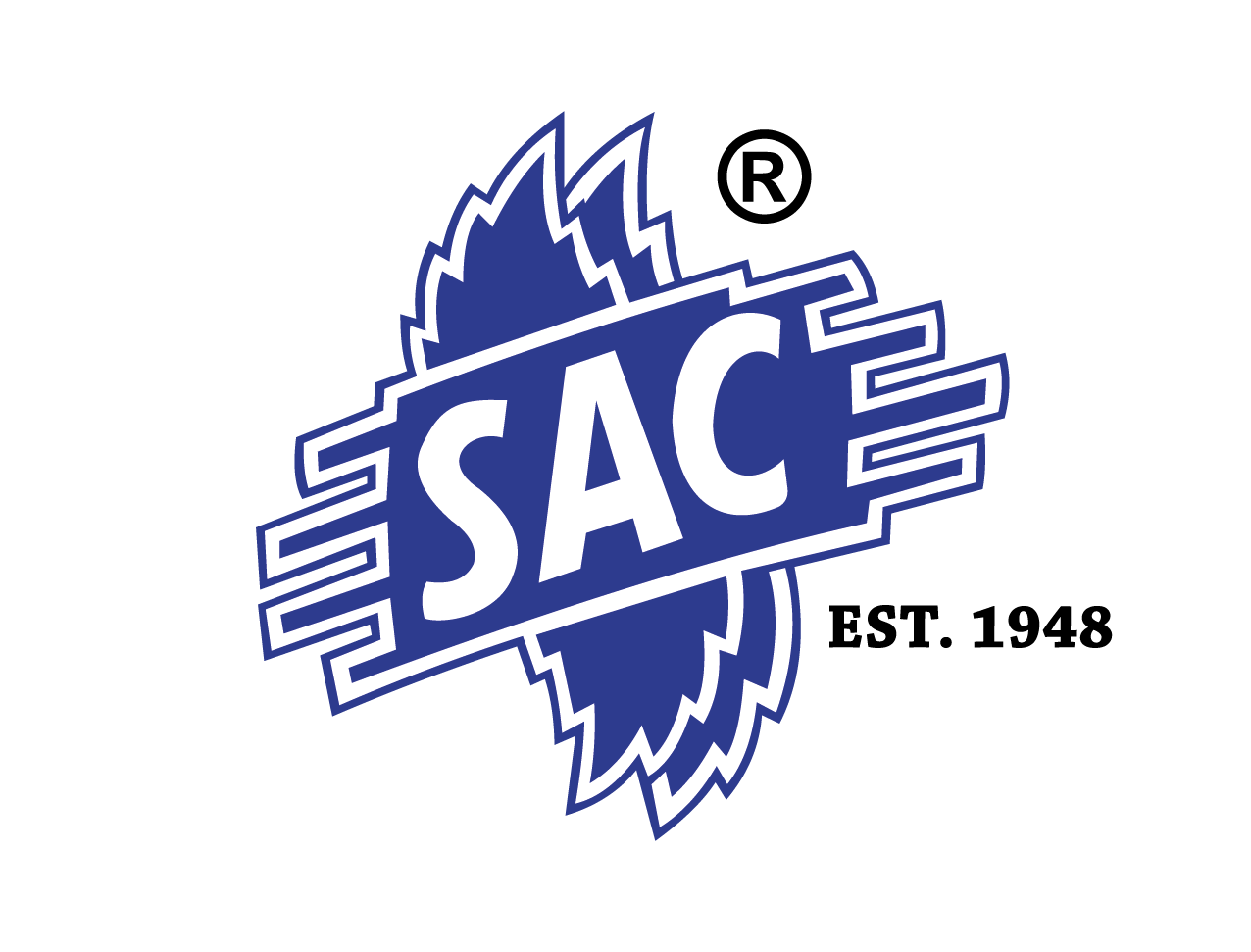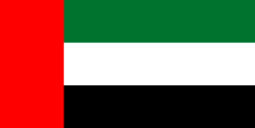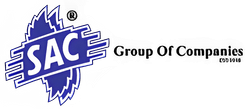The market for herbal soap is expanding rapidly, driven by rising consumer awareness of the benefits of natural ingredients and a growing urge for organic and ecologically friendly goods. Let's look at the size of this market, present growth practices, and possible future expansion.
Let's look at the size of this market, present growth practices, and potential for future growth.
Growth trends:
Several essential trends promote the growth of the herbal soap market: Move Towards Natural Ingredients: Customers are increasingly seeking products formulated with natural ingredients such as plant extracts, essential oils, and botanicals. Herbal soaps are a safer and more sustainable alternative to regular soaps, which might include harsh chemicals and synthetic scents.
Rising Health and Wellness Awareness:
As consumers become more aware of the potential dangers connected with chemical-laden personal care products, they are increasingly shifting to natural and organic options. Herbal soaps are considered softer on the skin and are frequently boosted with vitamins, antioxidants, and moisturising ingredients.
Preference for Sustainable and Eco-Friendly Products:
Concern for the environment is increasing demand for environmentally friendly packaging and production methods. Herbal soap makers are reacting by adopting recyclable packaging supplies and eco-friendly manufacturing processes to minimise their environmental impacts.
Cultural history:
Attar, a sign of elegance and grace, has been a part of Islamic culture and history for ages. It has been passed down through the generations. On special occasions like weddings, religious ceremonies, and joyful festivities, it is often used.
Opportunities:
The herbal soap industry offers various chances for continued growth:
Product Innovation:
There is an opportunity for creativity in product formulations, such as introducing new botanical ingredients, combining exotic fragrances, and developing specific skincare solutions targeting specific skin concerns.
Collaborations and Partnerships:
Partnering with retailers, beauty influencers, and wellness experts may help herbal soap manufacturers raise their awareness and reach new audiences. Partnerships with spas, salons, and hotels can also result in product placement and promotional connections.
Marketing and branding investment:
Herbal soap businesses can stand out in a competitive market setting by using successful marketing strategies such as digital advertising, social networking campaigns, and influencer marketing. Highlighting herbal soaps' distinguishing features, such as natural ingredients, skin benefits, and sustainability credentials, could be attractive to concerned customers.
Expansion into Emerging Markets:
Emerging economies offer immense growth potential for herbal soap manufacturers due to rising disposable incomes, changing consumer preferences, and increasing urbanisation. Expanding distribution networks and creating strategic collaborations with local dealers or distributors can assist in market penetration in certain regions. Brand relevance and competitiveness may be increased in a variety of foreign markets by tailoring product formulas and marketing methods to local rules and regulations, cultural preferences, and traditional skincare practices.
Innovative Combinations:
Herbal soap formulas offer a chance for creativity, such as adding uncommon herbs, exotic botanical extracts, or traditional medicinal plants with demonstrated skincare advantages. Herbal soaps that contain native plants such as tulsi, turmeric, or neem can have special medicinal qualities and appeal to health-conscious consumers. Innovative manufacturing techniques, such as cold-process soapmaking or handcrafted artisanal soaps, can be used to attract customers looking for, traditional skincare goods and differentiate items in the market.
Here are some FAQs related to the market for herbal soap:
Are there any challenges facing the herbal soap market?
The market for herbal soap may have difficulties in finding quality herbal components, ensuring product efficacy and consistency, following legal requirements for labelling and advertising claims, and competing with manufactured conventional soap brands.
What is herbal soap, and how is it different from ordinary soap?
Ordinary soap may contain artificial chemicals and scents, but herbal soap is manufactured from natural materials like plant extracts, essential oils, and botanicals. Many people believe that herbal soap is more environmentally friendly and milder on the skin.
What factors are driving the growth of the herbal soap market?
The market for herbal soap continues to grow because of substantial part-to-customer preferences for natural and organic skincare products, greater awareness of the negative effects of chemical-based products, and growing demand for healthier and alternative products.
Conclusion
In conclusion, the market for herbal soap is expected to rise in the future due to customer demand for safe, effective, and sustainable skincare products. Herbal soap producers can position themselves for success in this growing market by using fresh developments and the potential for invention and market growth.





 Food, Flavors & Colors
Food, Flavors & Colors